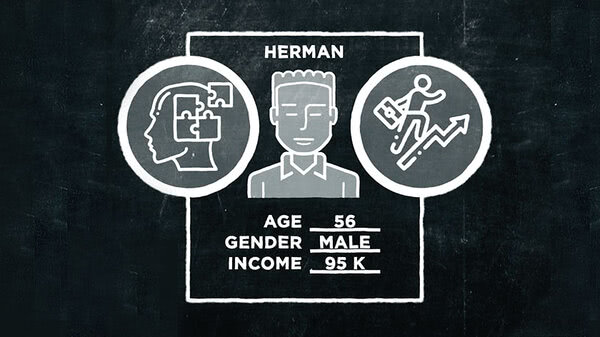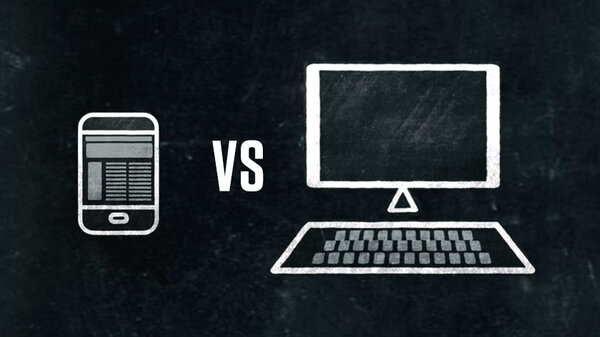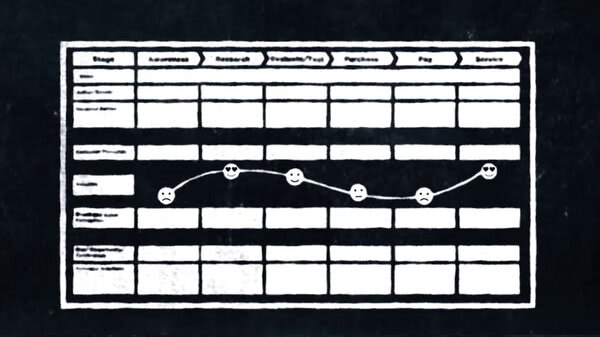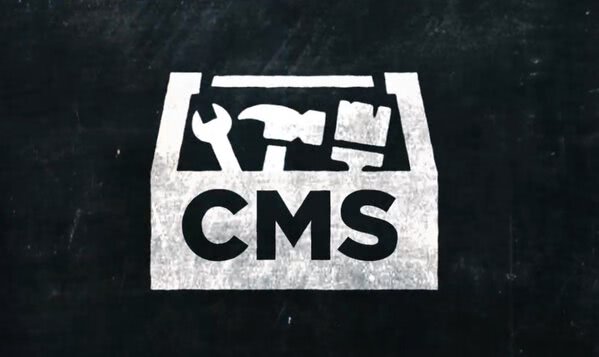We should probably take a moment in this series on Content Management Systems to talk about a related subject: Digital Experience Platforms, or DXPs.
Digital Experience Platforms are suites of software tools that are designed to help enterprises coordinate all of their customer touchpoints for their businesses.
Organizations use DXPs to create and improve their websites, portals and apps.
Digital experience platforms promise to greatly improve the customer experience. They do this by linking all the digital channels --from the web and mobile devices to the internet of things.
DXPs also integrate and analyze customer data collected from all of these channels. Some also offer tools such as AI and machine learning to optimize the customer experience.
The pitch for DXP usually goes something like this: It begins with the premise that digital marketing is now essential for selling your goods or services. And who's going to argue with that?
Two: in the digital age, customers expect a better customer experience and have become accustomed to highly personalized choices and services.
Three: but digital marketing and commerce now occur through so many different channels, from smart TVs to iPads, that it's become difficult to coordinate them all.
Four: These many channels also offer the opportunity to gather a wealth of data on your customers that, if properly analyzed, will provide you with the means to deliver those customers with personalized service.
Five: And finally, the best way to address all of these points, if you are an enterprise-level business, is to subscribe to a Digital Experience Platform.
So why are we talking about this here --in a video series about content management systems? Because many DXPs either grew out of CMSs or position a CMS as the cornerstone of the suite of technologies and services that they offer.
DXPs are a great idea. After all, who's against improved organization and integration?
And there's some truth to the adage that valuable customer data is being wasted because it's languishing in a different silo.
A number of the biggest tech companies in the world now offer digital experience platforms: SAP, Adobe, Oracle, and salesforce.com, to name a few.
They each promise to bundle all the apps needed to manage your digital marketing efforts, among other things. And it's true that these are powerful and comprehensive services.
But let's take a step back and look at it from the point of view of one of these big vendors.
Naturally, they want you to avail yourself of as many of their products and services as possible. And so they make the argument that each of the tools they offer works best with all the other tools in their digital experience platform. So staying inside their walled garden will not only make your life simpler, but result in all kinds of synergistic benefits.
The truth is that while most of these DXPs may have started with a CMS or some other core piece of software, the other tools in their box have often been acquired through corporate acquisitions rather than any concerted design and development program. So the supposed conformity among all of the different elements of the platform may well be more wishful thinking than actual fact.
In many cases, if you're shifting from one tool to another, it's really not going to make that much of a difference whether they're from the same platform or not.
Also, just because one vendor makes a topnotch CMS doesn't necessarily mean that their web analytics software, for example, is equally brilliant.
Microsoft makes the world's most popular operating system for desktop computers. They'd love for you to be using their browser, their digital assistant and their search engine, too. So why aren't you? Because experience has taught you that there are better options available.
As for the argument that loyalty to a platform is a guarantee of stability and continuity... well, that might not be true either.
In 2017, IBM's WebSphere portal was one of the most highly rated digital experience platforms around.
But in 2018, IBM sold off the entire portfolio of apps to HCL. This left their customers, many of whom had parted with considerable funds to sign with one of the world's most respected technology brands, wondering, "Who's HCL... ?"
So here's our parting word on the subject: For most enterprises, a DXP may well be your best bet. But just because you've subscribed to one of these platforms, don't be afraid to supplement it with solutions beyond their brand.
If your situation calls for it, there's a world outside of their garden, full of great proprietary and custom-made choices. And you don't want to have to deprive yourself of any of these options.















